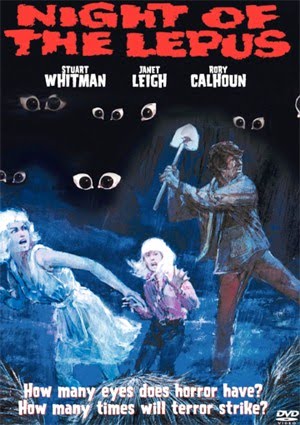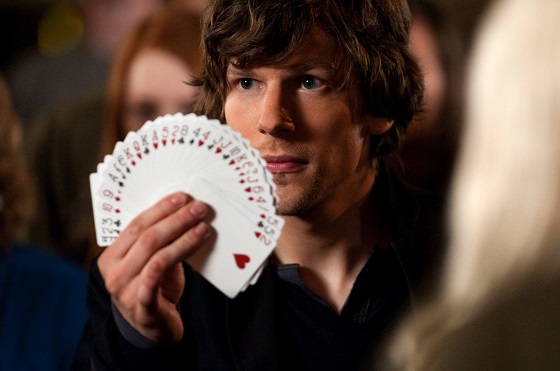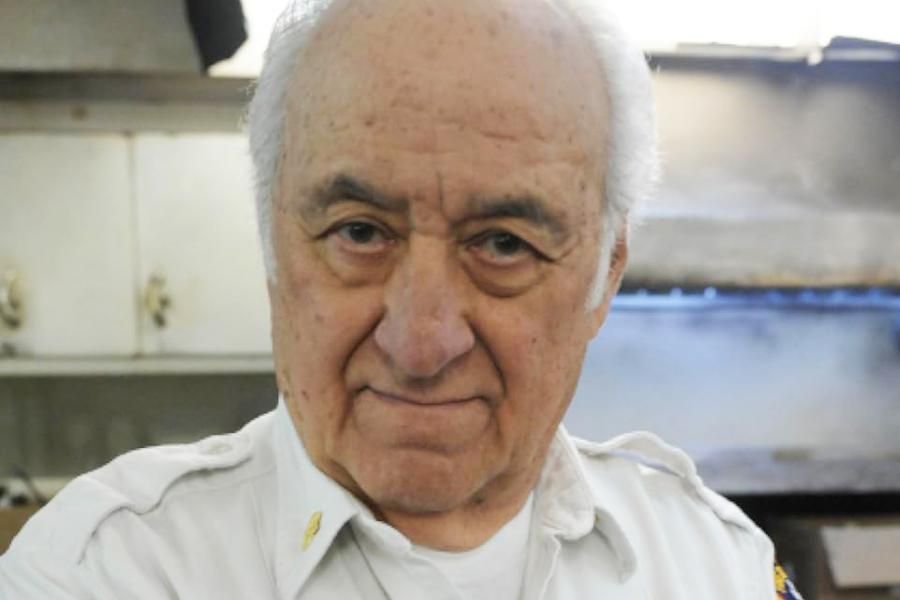
Jerry Adler, a venerable figure in American entertainment whose career spanned more than seven decades, passed away on Saturday at the age of 96. His death was confirmed by the Riverside Memorial Chapel in New York, with a representative stating he “passed peacefully in his sleep.” Adler’s remarkable life was a testament to dedication and an unexpected late-life metamorphosis, transitioning from a celebrated career behind the scenes of Broadway’s most iconic productions to becoming a recognizable and critically acclaimed actor on screen.
For many, Adler was best known for his portrayal of Herman “Hesh” Rabkin, the astute and trusted adviser to mob boss Tony Soprano, a role he inhabited across all six seasons of HBO’s seminal drama “The Sopranos.” This defining period of his professional life began when he was already in his 60s, a testament to his adaptability and the enduring power of talent. His journey into acting was not premeditated but rather a serendipitous turn that redefined his legacy and brought him widespread recognition.
His unique path, characterized by a profound initial impact in the theatrical world and a subsequent, equally impactful, emergence in film and television, offers a compelling narrative of perseverance and an unwavering commitment to the craft. Adler’s story serves as a poignant reminder that significant contributions can arise at any stage of life, enriching the cultural landscape with depth and nuance.
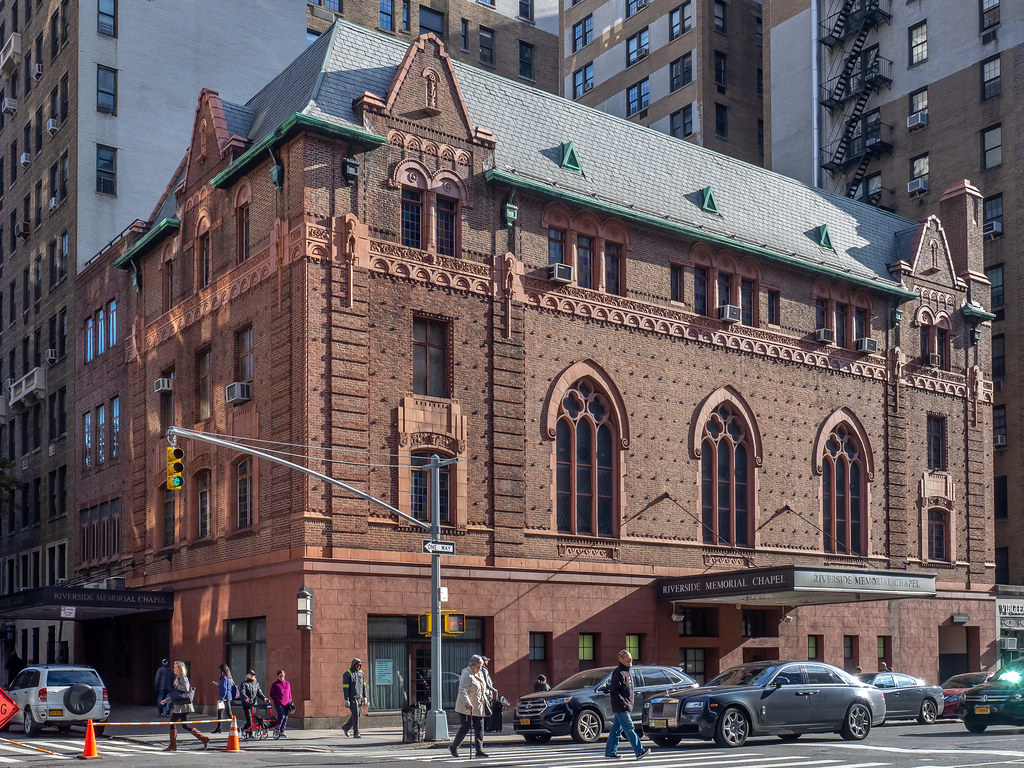
1. **Jerry Adler’s Passing at 96**:Jerry Adler, a name that resonated with audiences for his nuanced portrayals on television and film, concluded a life of 96 years on Saturday, August 24. His passing was confirmed by a family announcement, corroborated by the Riverside Memorial Chapel in New York. The details indicated that the veteran actor “passed peacefully in his sleep,” bringing an end to a prolific career marked by profound shifts and celebrated achievements.
Born on February 4, 1929, Adler hailed from Brooklyn, New York, cultivating a deep connection to the arts from an early age. His long life saw him navigate the evolving landscapes of American theater and media, finding success in vastly different entertainment forms from his initial career. The longevity of his life allowed him to experience an entertainment world that transformed significantly, leaving an indelible mark across generations.
He is survived by his four daughters. His final years were spent back in his hometown of New York, after relocating from Connecticut with his wife, Joan Laxman, whom he married in 1994. Adler’s passing marks the end of an era for a performer who exemplified that true passion knows no age limits, continually seeking new avenues for expression.
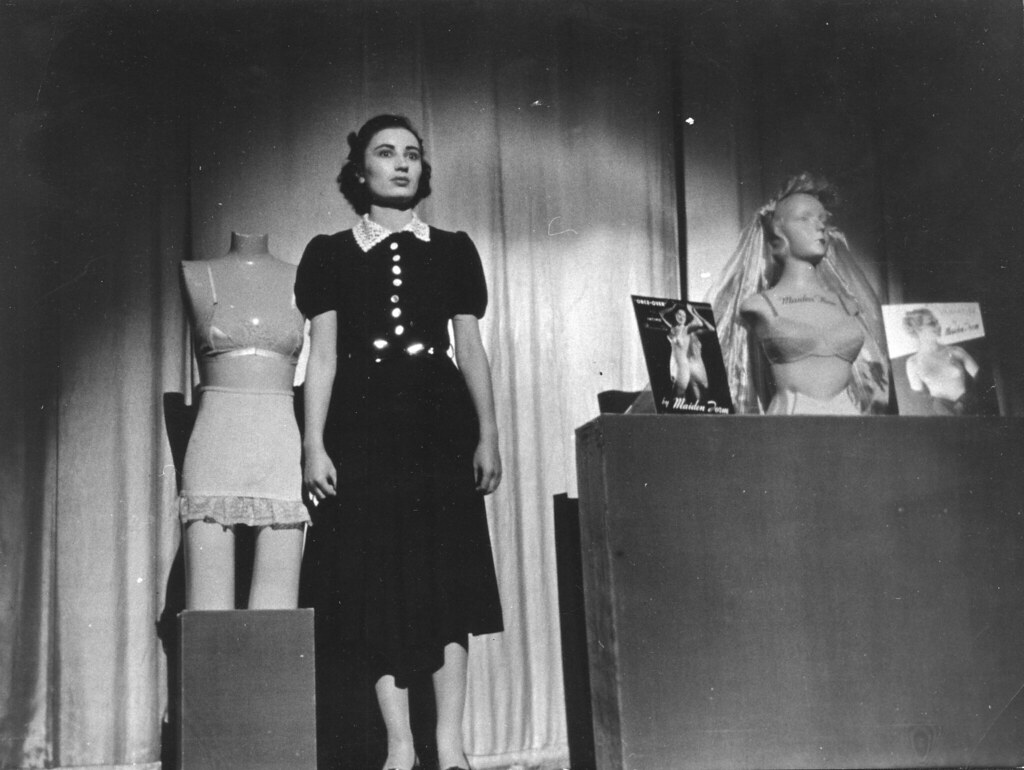
2. **A Late-Life Transformation: From Stage Manager to Screen Actor**:Jerry Adler’s career trajectory stands as a remarkable illustration of professional reinvention, a testament to talent discovering its most public form in the latter stages of life. For decades, Adler operated as a foundational, yet often unseen, force within American theater, meticulously orchestrating over 50 Broadway productions from behind the scenes. His work as a stage manager, director, and producer was critical, but his face remained largely unknown.
The pivot to acting occurred when Adler was already in his 60s, a period when many individuals contemplate retirement. This dramatic shift was not a long-held ambition but a serendipitous sequence of events. He had moved to California in the 1980s, primarily to be closer to his children, and found himself working on television productions like the soap opera “Santa Barbara.” He admitted to The New York Times in 1992, “I was really getting into the twilight of a mediocre career.”
What transpired next was a “fairy tale, late-career transformation,” as described by The New York Times. His entry into acting was prompted by a unique opportunity, ultimately leading him to roles that would define his public persona. This unexpected second act, spanning over 30 years in front of the camera, defied conventional career narratives, solidifying his legacy not just as a theater veteran but as a versatile and beloved screen presence.
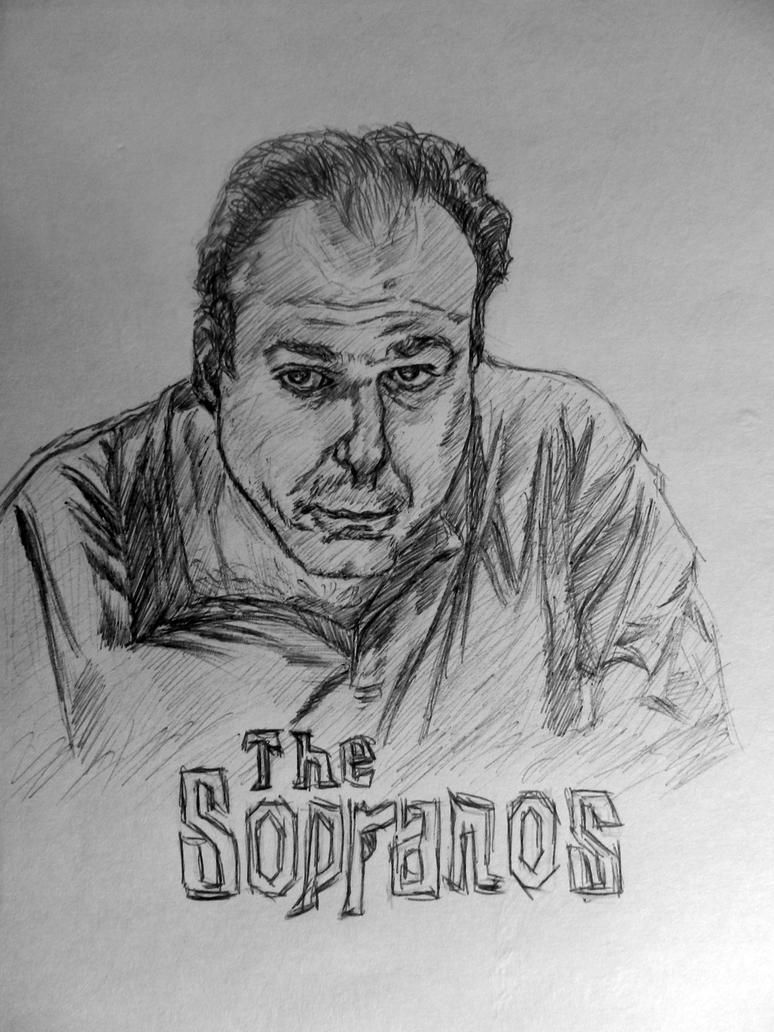
3. **Herman “Hesh” Rabkin: The Sage Confidant on “The Sopranos”**:Perhaps no role etched Jerry Adler more firmly into the collective consciousness than that of Herman “Hesh” Rabkin on HBO’s groundbreaking series, “The Sopranos.” Debuting in the very first episode in 1999, Adler’s portrayal of Hesh was initially conceived as a cameo. However, his character quickly became an indispensable fixture throughout the show’s entire six-season run, evolving into a trusted adviser and consistent presence in Tony Soprano’s tumultuous world.
Hesh Rabkin was depicted as a Jewish music producer and a loan shark, a man with long-standing ties to the DiMeo crime family. He was not an official member of Tony Soprano’s inner crew, yet his proximity and sagacity allowed him a unique position of influence. Hesh was one of the few characters who could speak candidly and directly to the volatile mob boss, James Gandolfini’s Tony, often offering grounded advice without fear of the usual brutal reprisal.
His character participated in some of the show’s most memorable story arcs, including assisting Tony’s protégé Christopher Moltisanti and his girlfriend Adriana La Cerva in their ill-fated music business ventures. Later, Hesh joined Tony in a horse-racing enterprise. Even as their relationship occasionally soured, particularly when Tony pressed him for a significant loan in the final season, Hesh remained a pivotal figure, a steady anchor on the margins of Tony’s complex world.
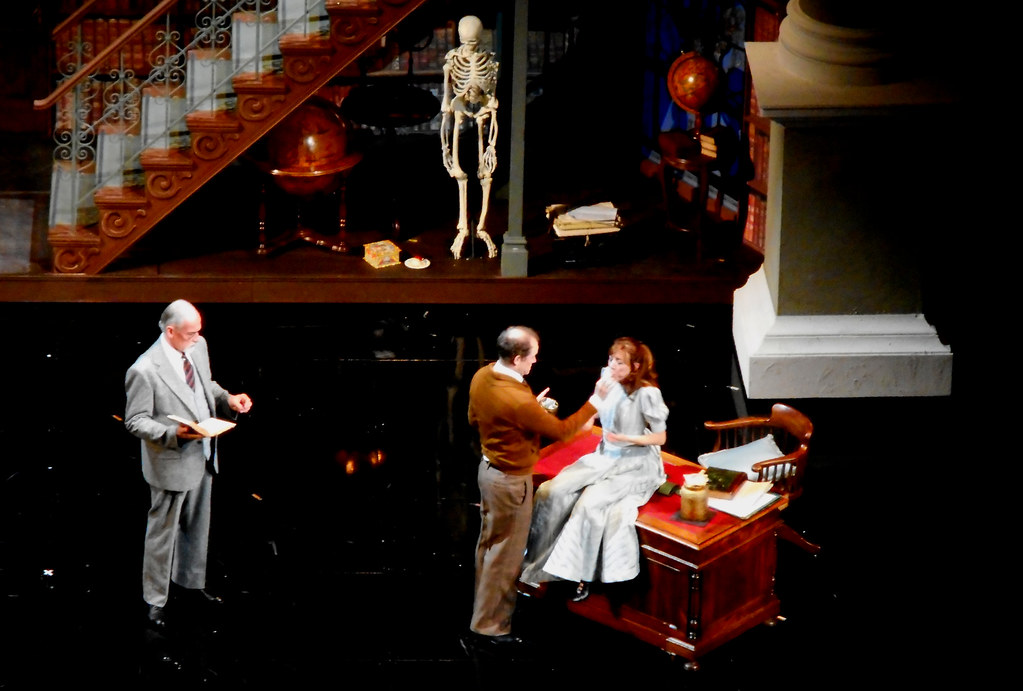
4. **Decades Behind the Scenes: A Storied Broadway Career**:Before his acclaimed tenure in front of the camera, Jerry Adler forged an extensive and deeply impactful career spanning decades in the vibrant, demanding world of Broadway. His contributions, though largely unseen by the public, were fundamental to the success of over 50 productions. He served in crucial capacities as a stage manager, producer, and director, becoming a true veteran theater hand whose expertise was widely sought.
Adler’s involvement with legendary productions is particularly notable. He was the stage manager for the original 1956 production of “My Fair Lady,” a seminal work in American musical theater starring the then-20-year-old Julie Andrews. His extensive work also included supervising the original production of the beloved musical “Annie” in 1977 and the 1980 play “Camelot,” which featured Richard Burton. He also worked with iconic figures like Marlene Dietrich and Kathryn Hepburn.
His professional journey began early, even while a student at Syracuse University. In 2015, Adler candidly admitted, “I’m a creature of nepotism,” revealing how his father, Philip Adler, general manager of “Gentlemen Prefer Blondes,” offered him his first job as an assistant stage manager. This early start laid the groundwork for a career defined by meticulous organization and a deep understanding of theatrical mechanics, shaping countless performances for nearly half a century.

5. **Deep Roots in Entertainment: A Family Legacy**:Jerry Adler’s deep-seated connection to the world of entertainment was not merely a personal pursuit but a rich inheritance, stemming from a family with profound roots in Jewish and Yiddish theater. This background provided a unique upbringing steeped in the traditions and demands of performance arts, long before Adler himself graced the screen or stage. His lineage positioned him within a significant line of theatrical professionals, influencing his early life and career choices.
His father, Philip Adler, was a distinguished general manager for the famed Group Theatre, an influential American theater collective known for its pioneering work in method acting, as well as numerous Broadway productions. This prominent paternal figure undoubtedly provided Jerry with an unparalleled introduction to the mechanics and artistry of professional theater. The environment fostered by such a household instilled a pragmatic understanding of the industry, complementing his artistic sensibilities.
Further extending this esteemed family tree was his cousin, Stella Adler, who became a legendary acting teacher and a pivotal figure in American theater. Stella Adler’s contributions to actor training profoundly impacted generations of performers, including Marlon Brando. The familial connection to such an influential pedagogue meant that Jerry Adler was surrounded by the intellectual and practical tenets of acting, even as he spent his formative decades behind the scenes.

6. **The Fateful Audition: His First Acting Credit in “Brooklyn Bridge”**:The genesis of Jerry Adler’s acting career, remarkably, began not from a lifelong ambition but from a casual encounter and a willingness to try something new in his early sixties. After decades of shaping Broadway productions from behind the curtain, he received his first acting credit in 1991, appearing on the sitcom “Brooklyn Bridge.” This television debut marked the unexpected start of a prolific new chapter.
Adler recounted in his 2024 memoir, “Too Funny for Words: Backstage Tales from Broadway, Television and the Movies,” that he was recruited for the role by Brad Hall, Julia Louis-Dreyfus’s husband. Hall “stopped me one day” and inquired if Adler was an actor. Intrigued, Adler explained his background, leading Hall to describe a pilot he was working on, “Brooklyn Bridge,” which needed “one more character” for a scene with “four guys playing cards around a table,” with only “a couple of lines to learn.”
Agreeing to the seemingly minor role, Adler embarked on what he described as his “first acting assignment in what would become a second career.” He viewed it as an interesting diversion for a free weekend. What seemed like a fleeting engagement soon blossomed into consistent demand for his on-screen presence, proving that even unassuming opportunities can unlock unforeseen professional pathways. This initial foray irrevocably altered the course of his professional life.

7. **Critical Acclaim in “The Public Eye”: The Role that Catapulted His Acting Career**:While “Brooklyn Bridge” provided Jerry Adler’s initial entry into acting, it was his critically acclaimed performance in the 1992 film “The Public Eye” that truly catalyzed his late-career transformation. In this Joe Pesci-starring film, Adler, then 62, took on the role of Arthur Nabler, a gruff newspaper columnist. This performance quickly garnered significant attention and established him as a compelling new presence on screen.
The story behind his casting highlights the intuitive nature of the film industry. Donna Isaacson, the casting director for “The Public Eye” and a long-time friend of one of Adler’s daughters, had a strong hunch about casting him. Curious to experience an audition from an actor’s perspective after years on the other side, Adler agreed to try out. Director Howard Franklin, who had already auditioned dozens of actors, reportedly felt “chills” when Adler read for the part, recognizing undeniable authenticity.
This breakthrough role not only earned him critical praise but also solidified the perception of his “Everyman” quality, a characteristic directors gravitated towards. The New York Times, in 1992, aptly described him as “a nicer Rodney Dangerfield.” This film served as a powerful springboard, propelling Adler into a consistent flow of auditions, readings, and roles that ensured his presence in film and television for more than three decades.

8. **Memorable Portrayal of Howard Lyman on ‘The Good Wife’ and ‘The Good Fight’**: Beyond his iconic role as Hesh Rabkin, Jerry Adler garnered significant recognition for his portrayal of Howard Lyman, a colorful and often cantankerous law partner, on CBS’s acclaimed legal drama “The Good Wife.” Originally conceived as a one-off guest spot, Adler’s performance was so compelling and infused with such a unique comedic timing that he was invited back for a recurring role that spanned six seasons. His character, initially depicted as a “boorish, out-of-touch partner” at the Lockhart/Gardner law firm, became a beloved and memorable fixture on the show.
Beyond his iconic role as Hesh Rabkin, Jerry Adler garnered significant recognition for his portrayal of Howard Lyman, a colorful and often cantankerous law partner, on CBS’s acclaimed legal drama “The Good Wife.” Originally conceived as a one-off guest spot, Adler’s performance was so compelling and infused with such a unique comedic timing that he was invited back for a recurring role that spanned six seasons. His character, initially depicted as a “boorish, out-of-touch partner” at the Lockhart/Gardner law firm, became a beloved and memorable fixture on the show.
Jerry Adler’s journey through the world of entertainment was an extraordinary testament to the power of reinvention and an enduring passion for craft. From his foundational, often unseen, contributions to Broadway’s golden age to his remarkable emergence as a celebrated screen actor in his later years, he continually redefined what was possible. His life, marked by dedication, humor, and a profound connection to the arts, serves as an inspiring narrative of perseverance, leaving an indelible mark on both stage and screen and enriching the lives of countless audiences and colleagues alike.


